Category: Transitional justice
-

Press release: International Court of Justice Ruling in the DRC v. Uganda Case: Ensuring a Victim-Focused and Effective Implementation of the Reparations Order
On 9 February 2022, the International Court of Justice (ICJ) ordered Uganda to pay $325 million in reparations to the Democratic Republic of the Congo (DRC) for damages to persons, property and natural resources resulting from Uganda’s military intervention in the wars in the DRC between 1998-2003. This follows on from the 2005 judgment in…
-
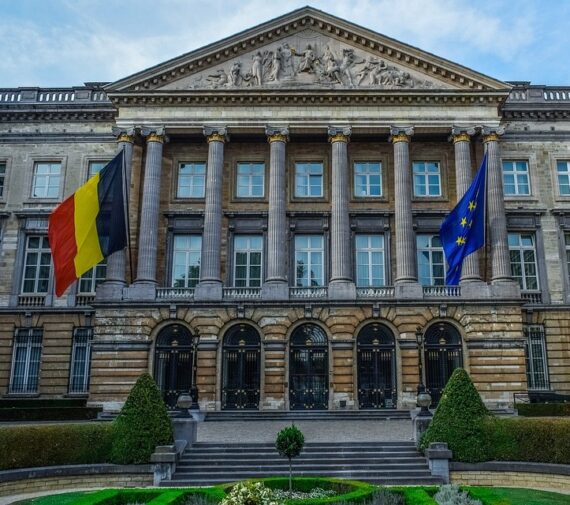
Press release: Publication of the expert report on Belgian colonial past: Signatories call for a holistic and inclusive justice process
On the occasion of its presentation to Parliament, the signatories commend the publication of the report written by the multidisciplinary team of experts mandated by the Special Parliamentary Commission on Belgium’s Colonial Past. This report is a new milestone towards a better understanding of the Belgian colonial era. It constitutes an important contribution to a…
-
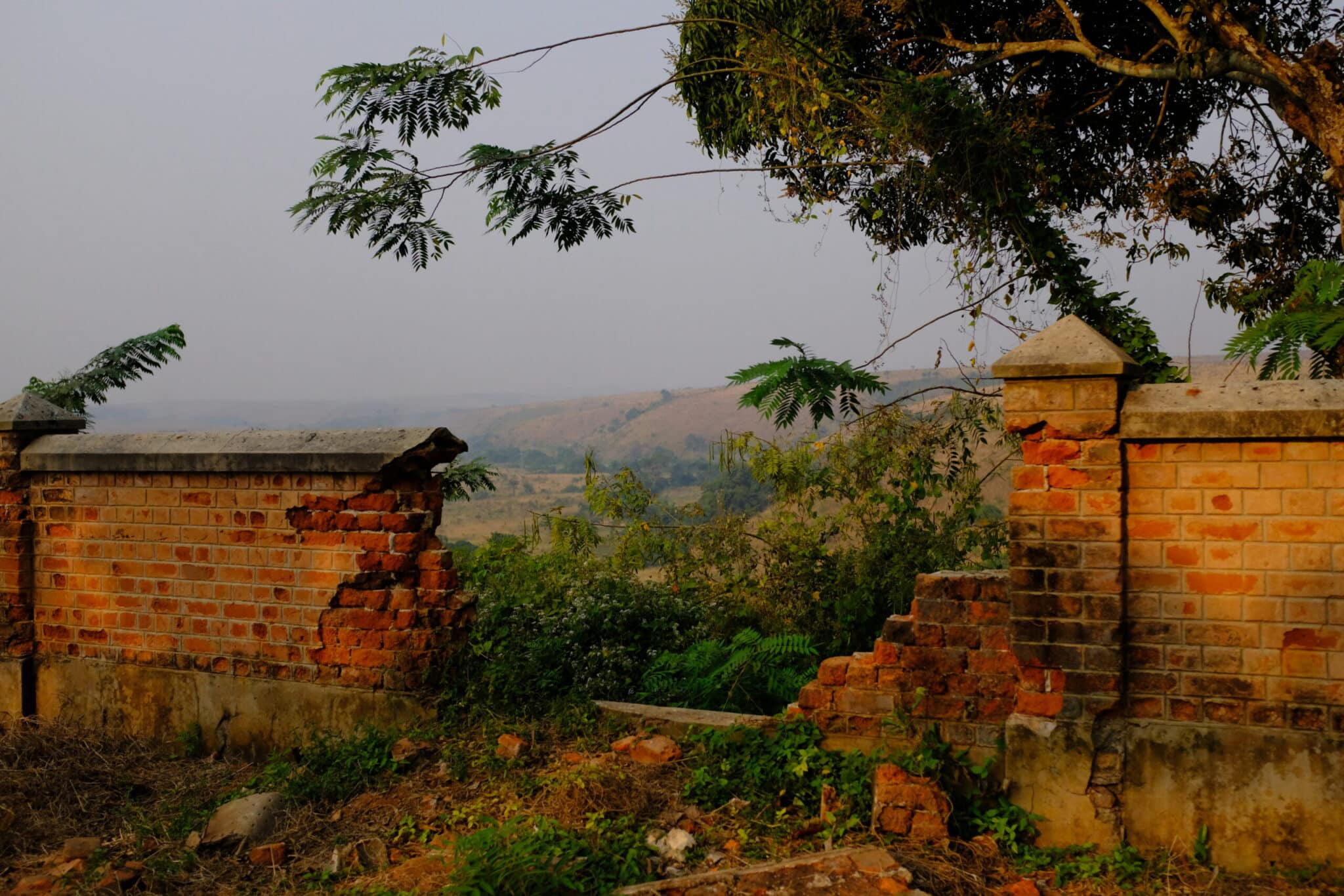
Reparation to victims of international crimes in the Democratic Republic of Congo, a major challenge in the fight against impunity
ASF has been active in the fight against impunity and the field of international justice for over 15 years in the DRC. During that time, the organization has witnessed great progress but regrets that current mechanisms are still not up to the challenges at stake.
-
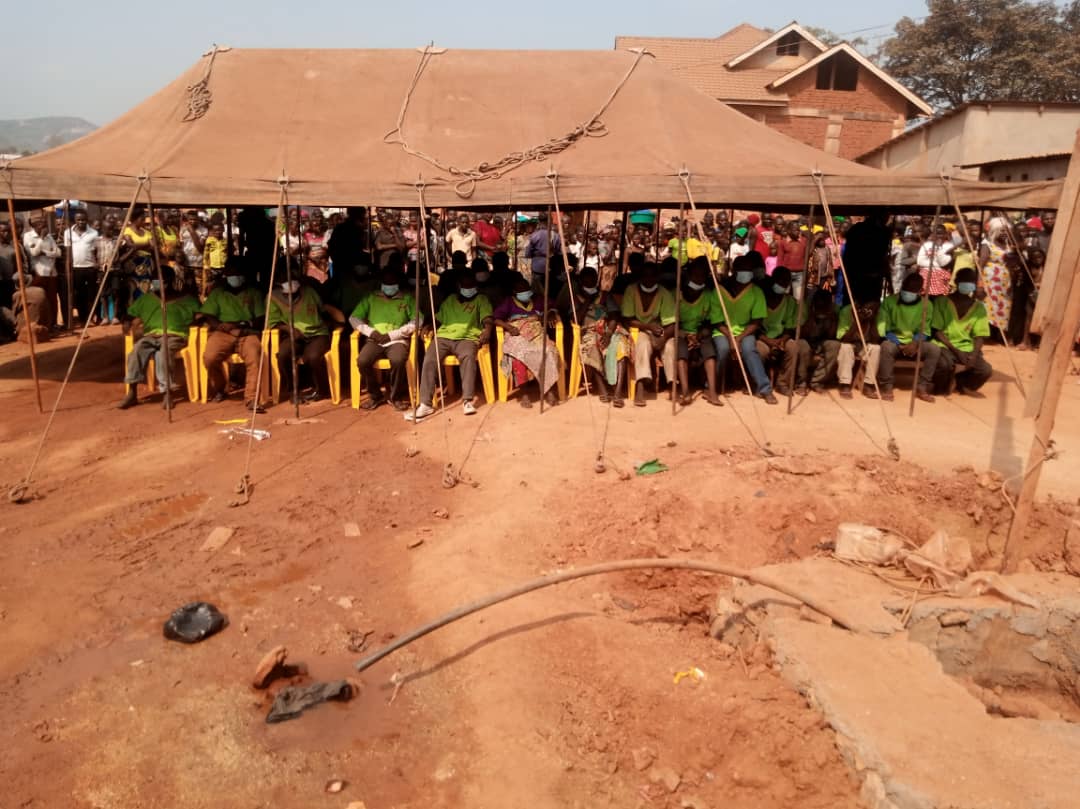
Djugu killings: Significant evolution of Congolese jurisprudence on reparations
The Djugu 2 trial came to an end on 1 April 2021. It concluded with 21 defendants being sentenced to life imprisonment for crimes against humanity by murder, arson, destruction, pillaging and persecution, and 11 defendants being acquitted. The 219 civil parties were also granted most of their claims for reparations, both individual and collective,…
-
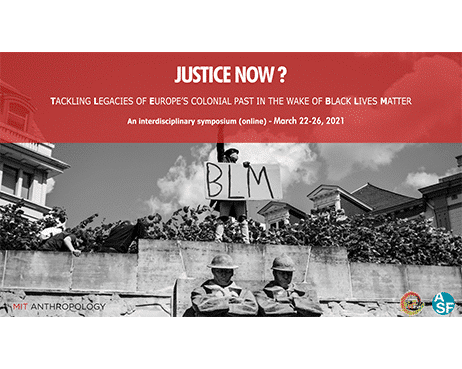
JUSTICE NOW ? Tackling legacies of Europe’s colonial past in the wake of Black Lives Matter
ASF co-organizes an interdisciplinary conference with the Anthropology Department at MIT, and the European Network against Racism fom the 22nd to the 26th of March 2021. Over the course of five half-days, scholars, activists, and policy makers from Africa, Europe and North America will address issues related to Europe’s colonial heritage and the global demands…
-
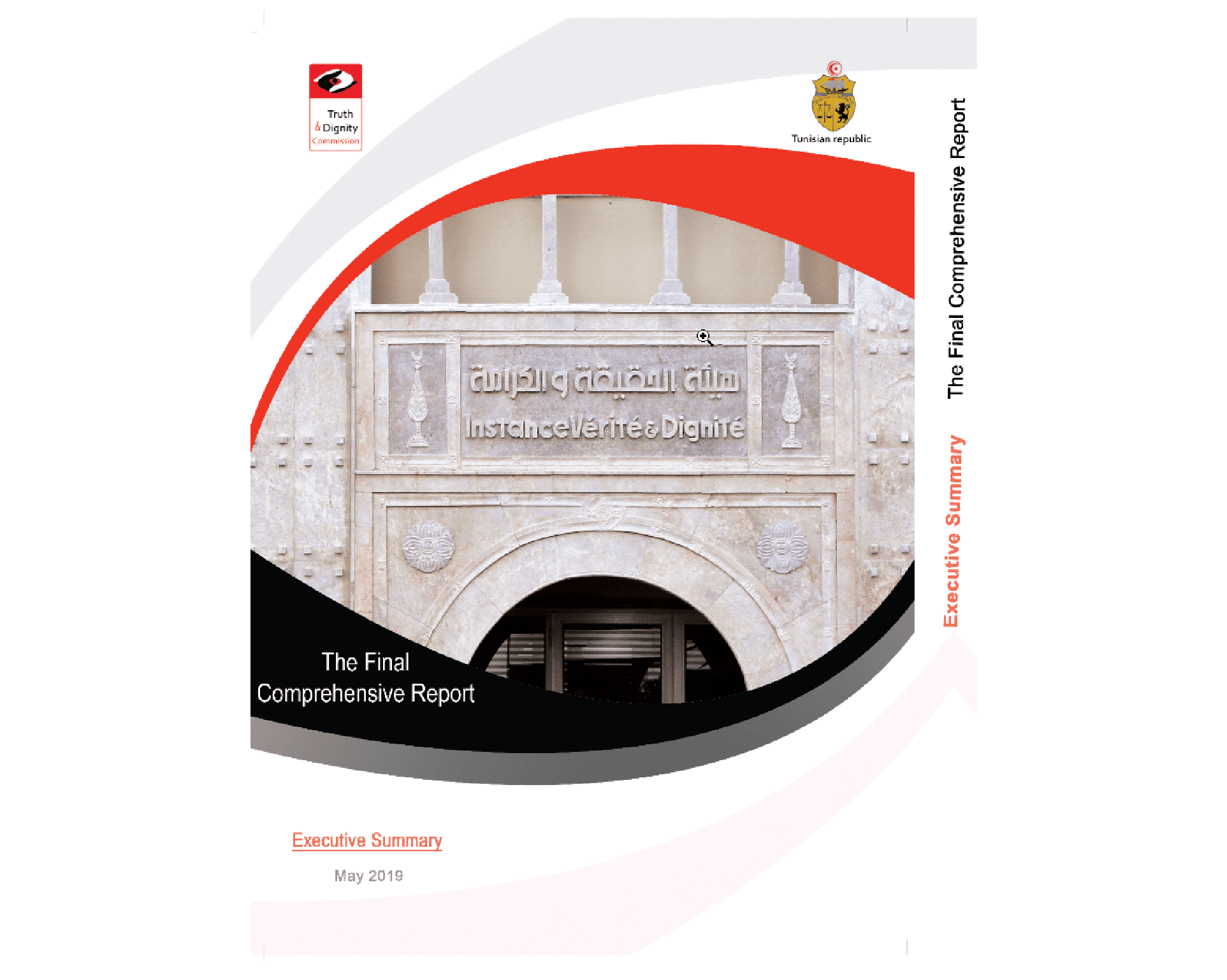
Tunisia : The Truth and Dignity Commission report available in English !
On July 24th 2020, the Truth and Dignity Commission’s (IVD) final report has finally been published in a special issue of the Official Gazette of the Tunisian Republic. This report concludes the Commission’s work, which included the hearings of nearly 62.000 victims, the transfer of 204 cases to specialized criminal chambers in charge of prosecuting…
-
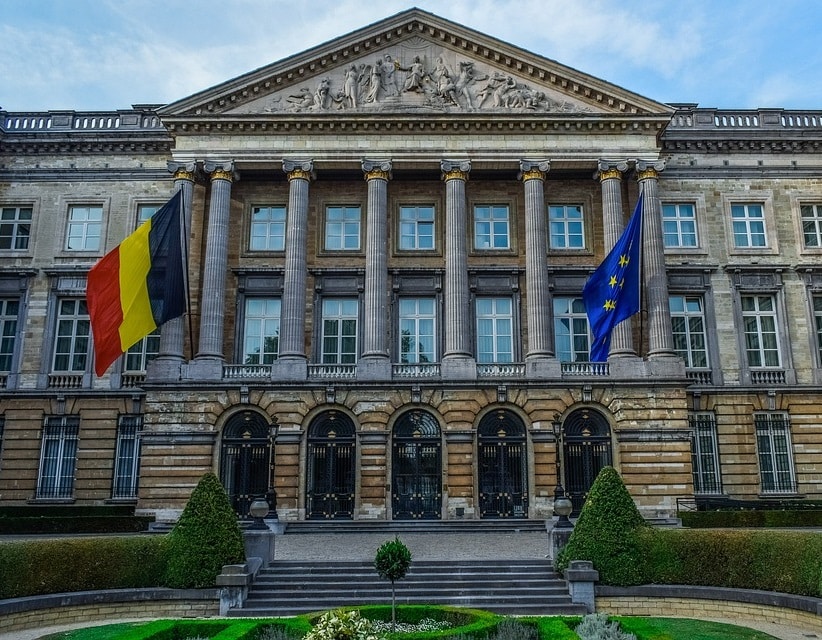
Truth and Reconciliation Commission: Belgium’s opportunity to deal with the injustices born of its colonial past
The issue of prejudices born out of colonisation, which has long been relegated to the background of public discourse, has recently gained momentum in Europe; particularly in Belgium. A proposal for a Truth and Reconciliation Commission is currently being debated by Belgian parliamentarians. Belgium thus has a historic opportunity to confront its colonial past, to…
-
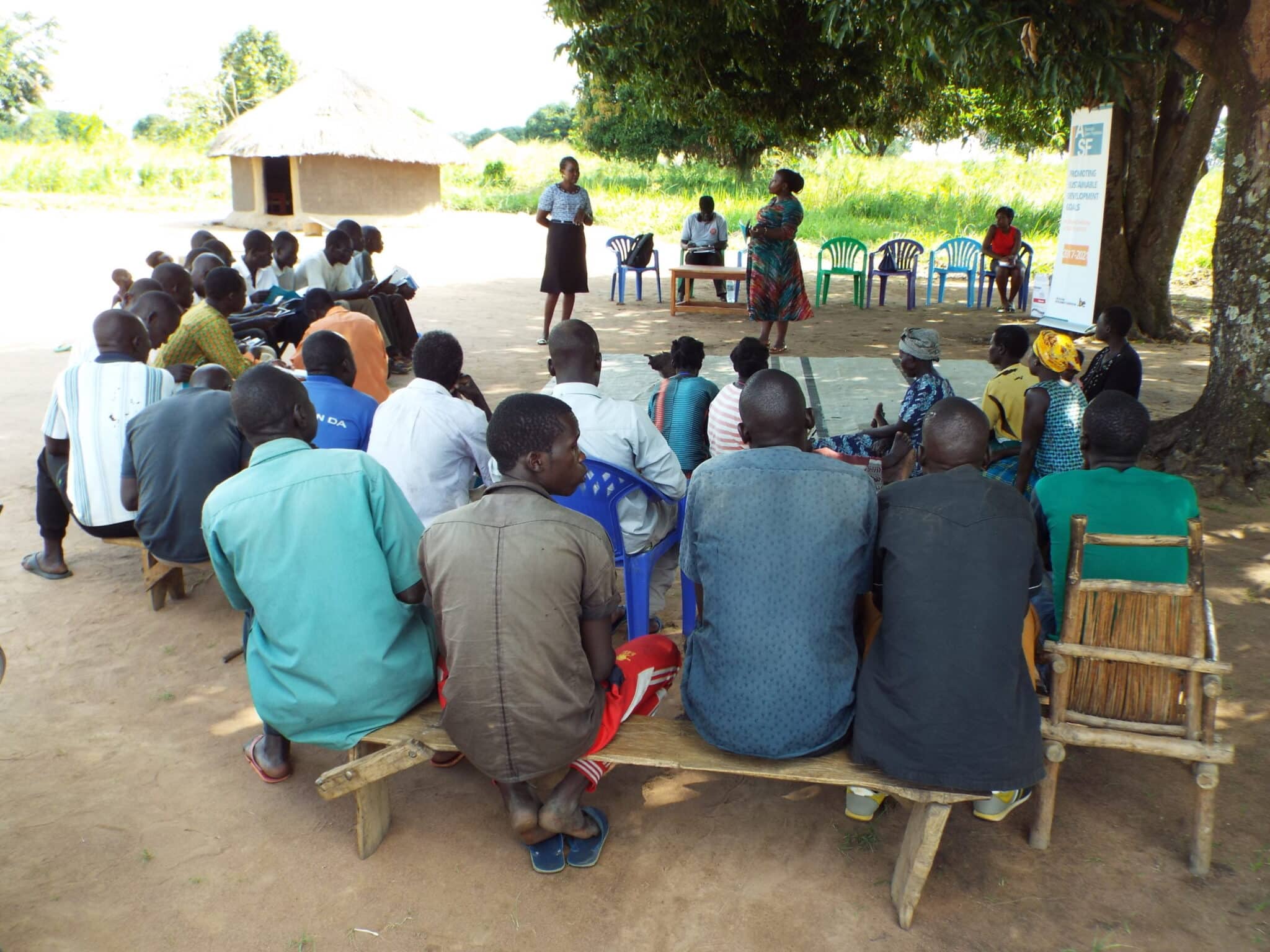
The long walk: Uganda adopts a Transitional Justice Policy
On 17th June 2019, after a decade-long formulation and adoption process, the Government of Uganda finally announced the passing of the National Transitional Justice Policy (NTJP) and officially released it in September. The passing of the Policy is partly fulfilling the Government’s commitments on accountability and reconciliation that it made during the Juba Peace process, which…
-
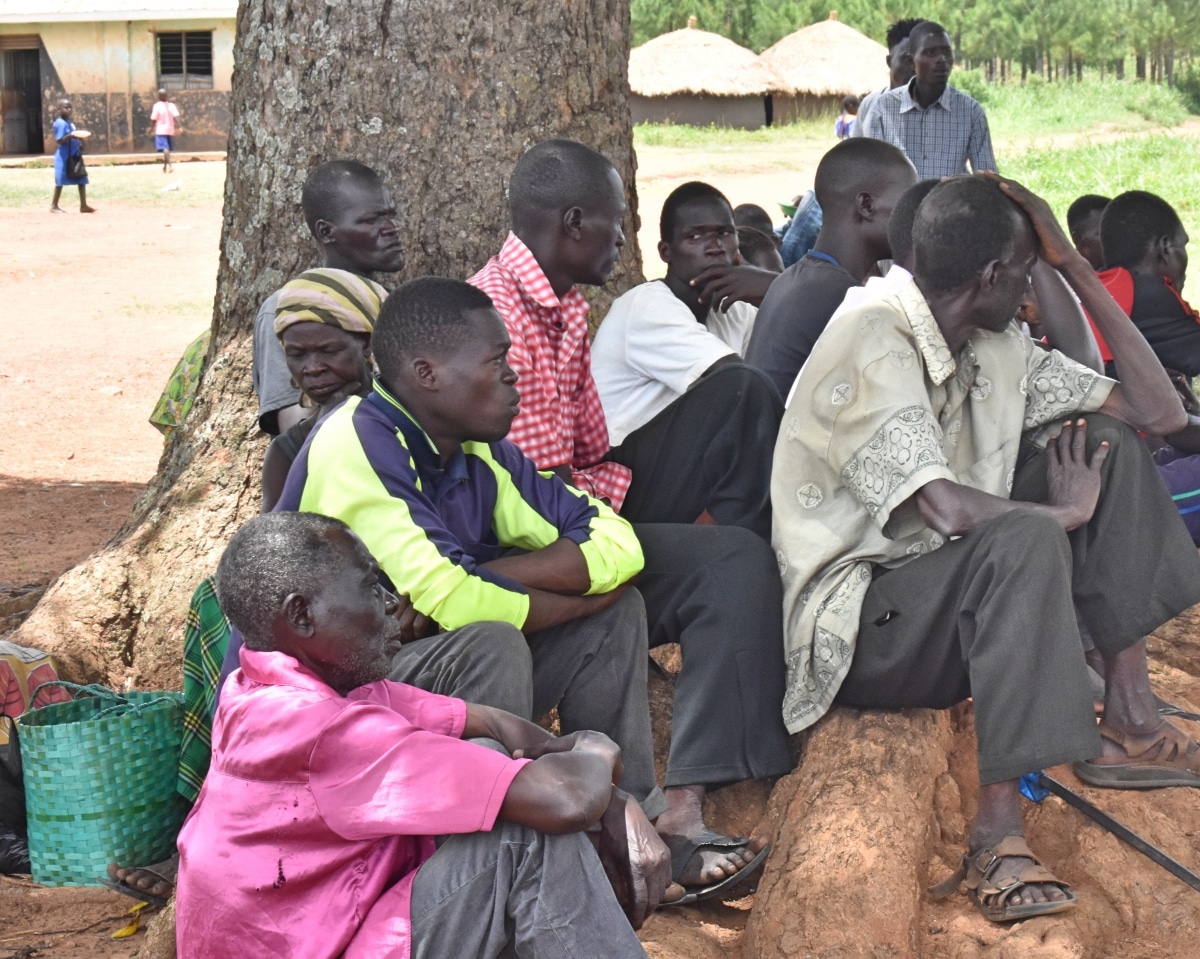
Fatigue among the victims Regarding the case of Thomas Kwoyelo
In Uganda, ASF has been providing continuous support to communities who have been victim of the crimes for which Kwoyelo is being tried under the International Crimes Division. Last April, ASF led joint efforts with the Victim’s Counsel, the ICD Registrar and the International Center for Transitional Justice to inform the victims’ communities of the…
-
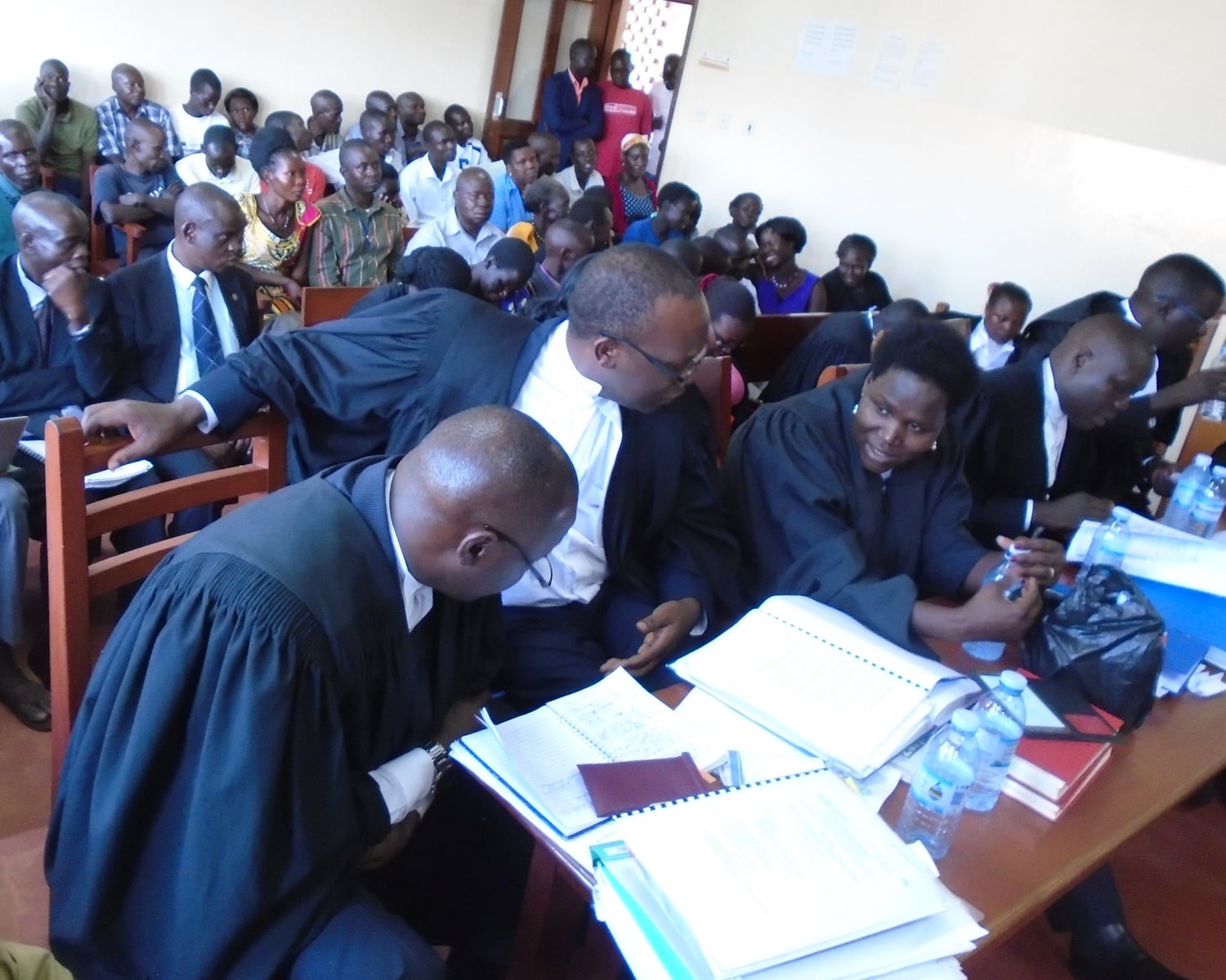
A trial for history: Thomas Kwoyelo in Uganda
On Monday 24 September, the International Crimes Division (ICD) shall open the main trial in the case of Thomas Kwoyelo. This case is the first ever to be tried before a domestic court in the conflict that opposed the Lord Resistance Army and the Government of Uganda. ASF Country Director for Uganda raises concerns about…
